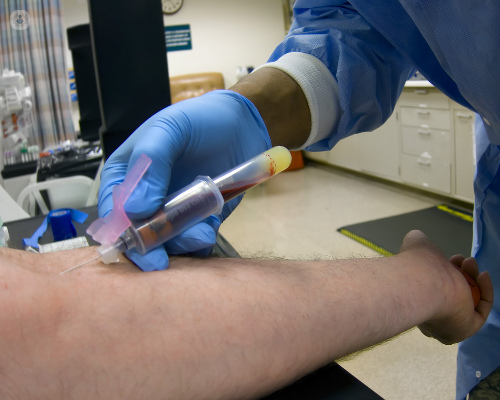

What is a liver function test?
Liver functions tests help diagnose and monitor liver disease by testing the blood. The tests measure the level of certain proteins and enzymes in the blood. Certain enzymes are released by the liver when it is damaged or diseased, and therefore it is helpful to measure these as an indicator. The same can be said for measuring proteins, such as bilirubin, which is a blood waste product that is usually cleared by a functioning liver.

What does a liver function test involve?
If your doctors recommends a liver function test, it is more than likely that a series of tests will be run which measure for different enzymes and proteins. During a liver function test, a sample of blood is taken through a small needle into a tube. The needle usually draws blood from the bend of your arm. Once a blood samples has been obtained, it will be sent to a laboratory for analysis, which can take either a few hours or a few days depending on whether the laboratory is located on-site or not.
What is a liver function test for?
Typically, a liver function test is used to:
- Determine the severity of a disease, such as cirrhosis (scarring of the liver)
- Screen for liver infections (e.g. hepatitis)
- Measure the progression of liver disease, such as hepatitis, and to see how successful treatment is
- Check for any side effects to medications
If you are experiencing the following symptoms, a liver function test will be carried out to help determine a diagnosis:
- Yellow eyes or skin (jaundice)
- Fatigue
- Nausea
- Little appetite
- Dark urine and light-coloured stool
How can you prepare for a liver function test?
Before a liver function test food and drink has to be avoided for a certain period as these can affect the results. Certain medications will also have to be avoided before a liver function test.
What would a “bad” result mean?
Normal results differ for men, women and children. When you receive your results, your numbers will display next to the normal, healthy range. If your results are not normal, further tests will be carried out to aid a diagnosis, or treatment plan. Ultimately, your specialist will explain your results and when the next steps will be.
